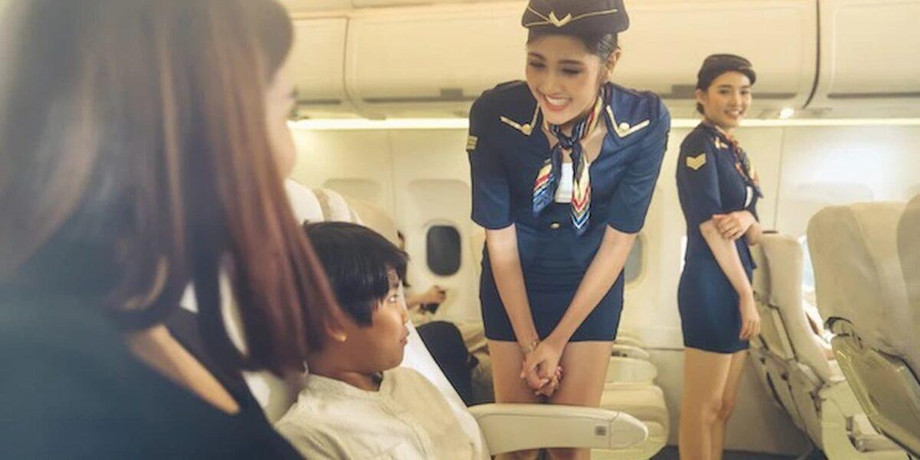Ensuring safe and stress-free air travel is a priority for both passengers and airlines alike. From meticulous training of airline staff to comprehensive flight safety protocols, various measures contribute to a smooth and secure flying experience. Here are five essential safety tips to promote calm flights and reassure passengers.
Foundation of Safety: Airline Staff Training
Airline staff training forms the cornerstone of flight safety. Airline management colleges in Udaipur, such as those, play a crucial role in imparting comprehensive training to future aviation professionals. Through rigorous coursework and practical exercises, students learn the intricacies of aviation safety, emergency procedures, and customer service. This training equips them with the skills and knowledge necessary to handle diverse situations effectively, ensuring passengers feel secure throughout their journey.

Prioritize Preparedness: Comprehensive Safety Protocols
Flight safety tips extend beyond the cabin crew's actions; they encompass a broad spectrum of protocols implemented by airline management. These protocols cover every aspect of flight operations, from pre-flight checks to emergency response procedures. By prioritizing preparedness and adherence to safety protocols, airlines instill confidence in passengers and demonstrate their commitment to maintaining high safety standards.
Personal Safety Measures: Staff Guidance for Passengers
In addition to institutional safety measures, airline staff play a crucial role in guiding passengers on personal safety precautions. From seatbelt fastening to familiarizing passengers with emergency exits, staff members provide vital instructions to enhance passenger awareness and readiness. Clear and concise communication from trained professionals contributes significantly to passengers' sense of security during the flight.
Technology Integration: Advancements in Aviation Safety
The aviation industry continually embraces technological advancements to enhance safety measures. From advanced aircraft systems to state-of-the-art communication tools, technology plays a pivotal role in mitigating risks and ensuring smooth flights. Aviation colleges in Udaipur and beyond incorporate the latest technological trends into their curriculum, preparing future professionals to leverage innovative solutions for safer air travel.
Continuous Improvement: Learning from Incidents
Despite rigorous safety measures, occasional incidents may occur in the aviation industry. However, these incidents serve as learning opportunities for continuous improvement. Airlines conduct thorough investigations, analyze root causes, and implement corrective actions to prevent recurrence. By embracing a culture of learning and adaptation, airlines demonstrate their commitment to enhancing safety standards and fostering a culture of trust among passengers.
Conclusion:
Calm and stress-free flights result from a collective effort encompassing rigorous training, comprehensive safety protocols, and continuous improvement initiatives. From the training of airline staff in Udaipur's aviation colleges to the integration of cutting-edge technology, every aspect of air travel safety contributes to passengers' peace of mind. By prioritizing safety and transparency, airlines reaffirm their commitment to providing passengers with the assurance of a secure journey.
Comments